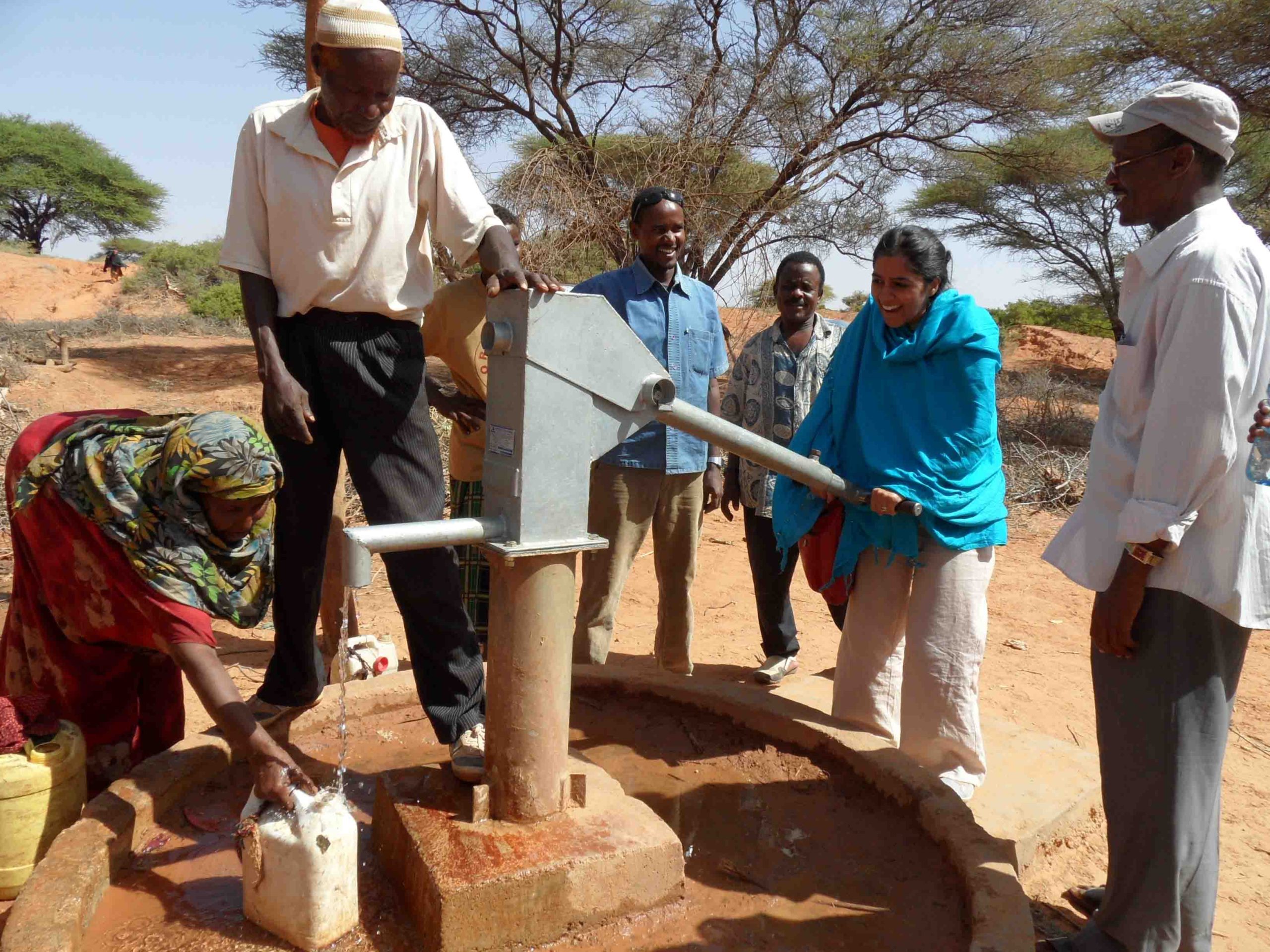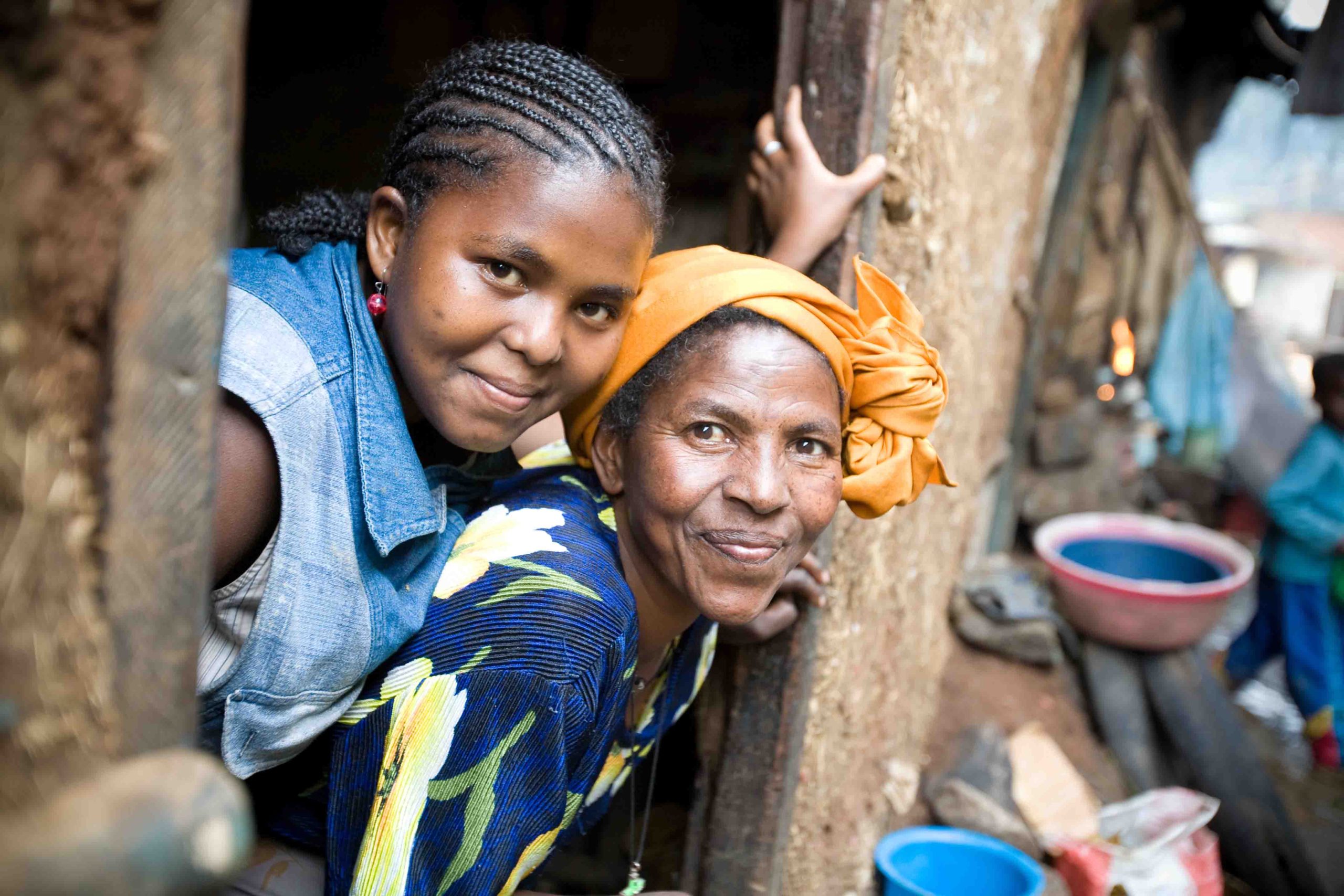Climate change is having an increasingly big impact on communities across eastern Ethiopia. With poor rainfall and recurrent drought, people’s health and livelihoods are at risk.
Insufficient supplies of safe water and a lack of food mean that the young, elderly and displaced populations without access to government resources become malnourished and risk catching water-borne diseases. Increasing tensions are also growing as competition for resources grows.
The lack of rain is reducing pastoralist communities’ herds and economic capital weaken in strength and number. As livestock becomes malnourished, household poverty is sadly increasing.
For people across Ethiopia, life is incredibly challenging:
- 11.5 million people require emergency food aid (UN World Food Programme, 2019)
- Almost 30% of the population are living in poverty (UNDP, 2019)
- Around 4 out of every 10 children suffer from moderate to severe stunting (UNICEF, 2019)
- 65% of women and girls (aged 15-49 years) have undergone FGM/C (UNICEF, 2017)
Islamic Relief in Ethiopia
Islamic Relief began working in Ethiopia during the severe droughts that in 2000-2002, delivering emergency food and clean water. As Ethiopia is prone to natural disasters, we regularly conduct emergency relief projects, most recently in the 2011 famine that struck East Africa, affecting over 12 million people. We also work on long-term development projects to improve access to healthcare, education, water and sanitation, with the aim of getting to the roots of poverty.
We also work towards giving communities food security, protecting them from future disasters by helping them prepare in advance, as well as giving livelihoods support so that families can start providing for themselves. We provide interest-free loans and business training, which helps people to establish small businesses, giving families the chance to support themselves and not have to rely upon charities for their survival.

